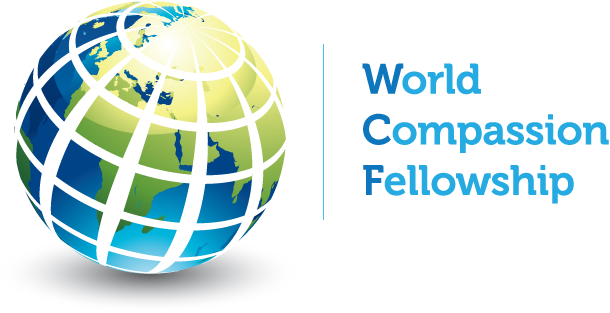Earthquake Relief | Update from the Ground
Almost 2 months have passed since 2 major earthquakes hit Southeastern Turkey and bordering Northwestern Syria. At least 52,000 people have been reported dead, but it is likely that at least twice that many have actually died. At least 2 million in Turkey are homeless. At least 160,000 buildings in Turkey have either collapsed or been severely damaged.
This past week, I was able to visit the epicenter in Turkey to assess the damage and review our relief effort with our local partners. WCF has helped with the food & water distribution program as well as the steel shelter program for families.
I was not prepared for the magnitude of the damage and impact on people's lives.
After flying into Gaziantep, we traveled 540 total miles in a rental car going through cities such as Besni, Adiyaman, Antakya and Iskenderun. Every city we traveled through had earthquake damage.
Some of the damage was very severe with massive piles of rubble next to big empty apartment buildings, which would have windows blown out or simply be leaning heavily on their sides just waiting to fall. Other areas had been cleared out by backhoes so there would be a flat pile of smaller rubble with a couch sitting in the middle of it. In some areas, we saw a graveyard of hundreds of crushed cars.
We took some time to drive through Antakya, probably the hardest hit city with a pre-earthquake population of 400,000. We drove many blocks through some areas that felt like a ghost-town, similar to how Manhattan felt at the peak of the COVID pandemic. You felt like there should be thousands of people milling about, but there was not a soul in these areas.
In some open areas, you can see hundreds of tents, shelters or container homes clustered together where the survivor families live. In Antakya, we had to also sleep in a tent while there were hurricane force winds blowing that particular day. It was 40 degrees with no heater, and at any moment I thought the tent was going to blow away.
Right next door was a demolished print shop. The family that owned it watched grimly as a backhoe hacked away at it. They were trying to salvage anything they could.
This was also the place where our partners prepare up to 5000 meals/day. We were there in the middle of Ramadan so there were fewer people there, but interestingly, the majority group in this neighborhood are from a sect that doesn't necessarily fast so we still had crowds come during the day.
As I washed the huge pots for the meals, hauled large water containers to be given to families and served soup and bread next to some of the volunteers, it took me awhile to realize that some of them were actually local neighbors helping. Over 2 months, they have become very open to our volunteers as they have seen them helping people unconditionally and sacrificially.
One of the women took us to visit some of the shattered homes in her neighborhood and introduced us to neighbor families where we sat and listened to their stories and they allowed us to pray for them. They were very touched by our love and concern.
For refugees, there were some government-run tent cities that refused to allow refugees to live there. So refugees would setup in any open area or park available. In one city we visited, one of our partners led the effort to setup tents and a hot meal program among the Syrians that fled here.
Thank you for your ongoing support of the relief effort. This will likely take years of relief and development. We've explored the possibility of opening a Life Center in one of the areas in the near future.
For more information, please visit the web page we've setup for the ongoing earthquake relief effort:
https://wcfellowship.com/humanitarian/middle-east-earthquake-relief
Thank you for partnering with us in our relief efforts.








